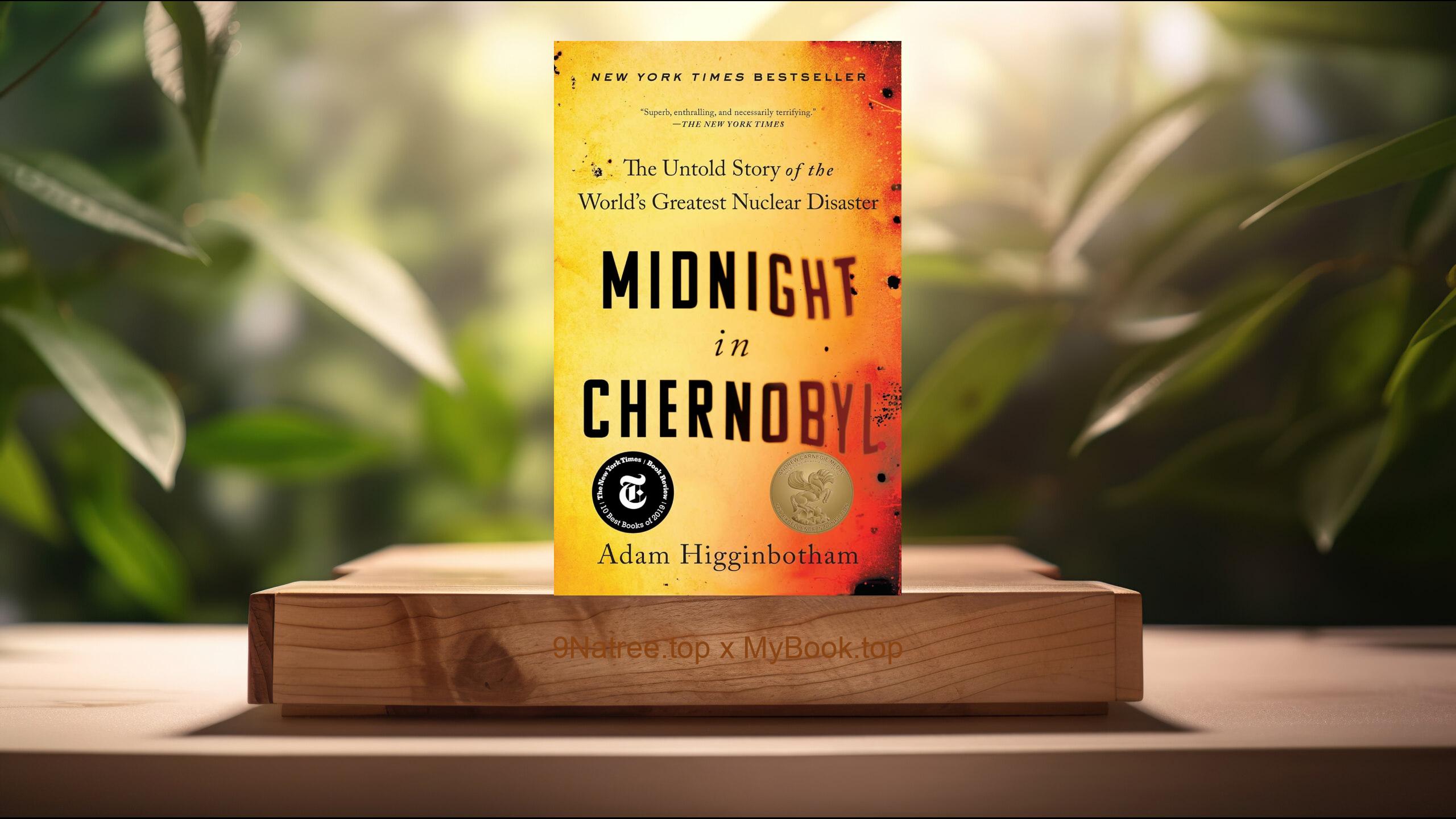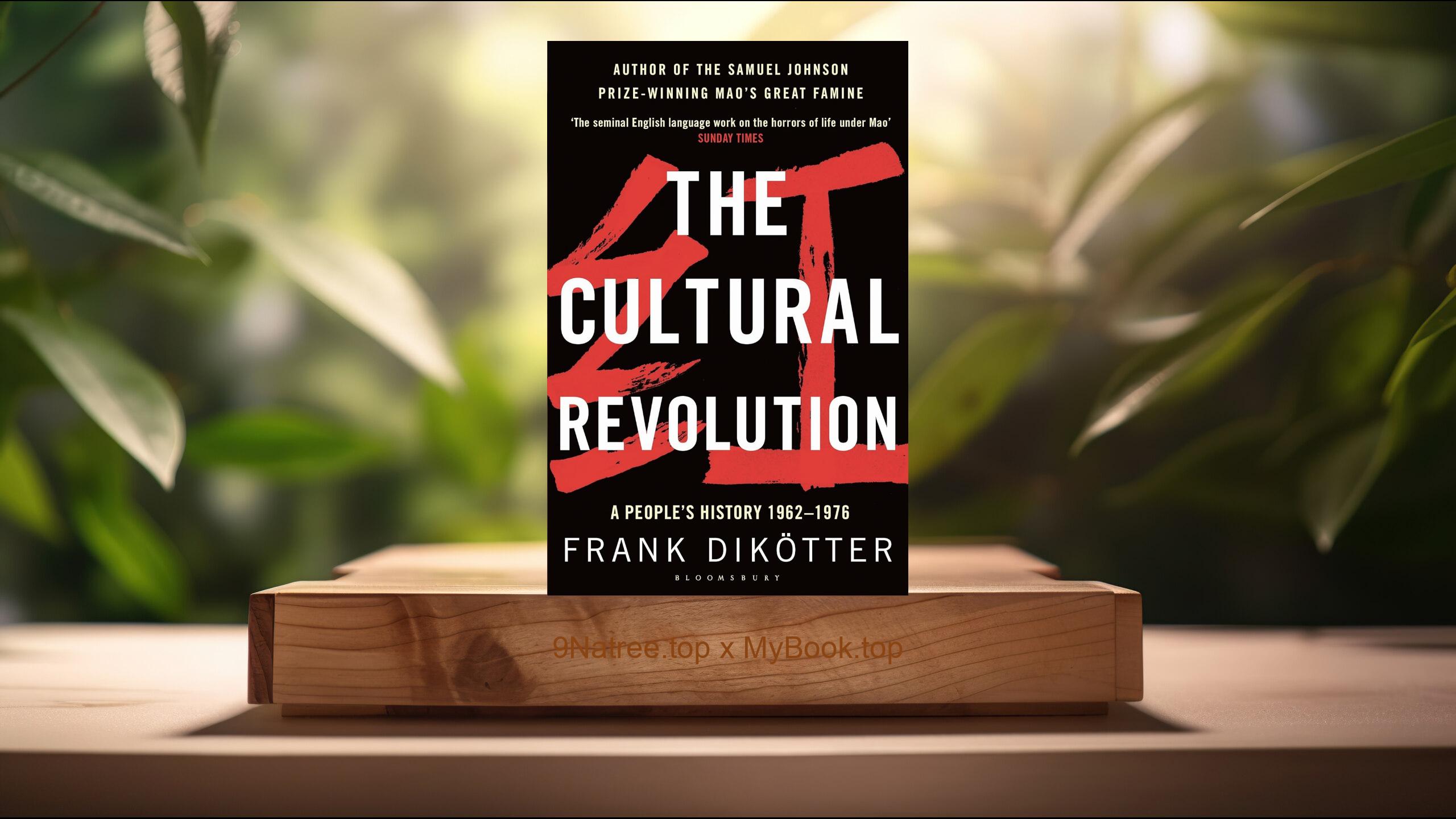Show Notes
- Amazon Books: https://www.amazon.com/dp/B08KPKHVXQ?tag=9natree-20
- Apple Books: https://books.apple.com/us/audiobook/dopamine-nation-finding-balance-in-the-age-of/id1579451863?itsct=books_box_link&itscg=30200&ls=1&at=1001l3bAw&ct=9natree
- eBay: https://www.ebay.com/sch/i.html?_nkw=Dopamine+Nation+Finding+Balance+in+the+Age+of+Indulgence+Anna+Lembke+&mkcid=1&mkrid=711-53200-19255-0&siteid=0&campid=5339060787&customid=9natree&toolid=10001&mkevt=1
- Read more: https://mybook.top/read/B08KPKHVXQ/
#Dopamine #Addiction #TechnologyImpact #RecoveryStrategies #MentalHealth #InstantGratification #Neuroplasticity #BalanceandWellness #DopamineNation
These are takeaways from this book.
Firstly, The Dopamine Paradox, The Dopamine Paradox refers to the complex relationship between pleasure and pain, mediated by the neurotransmitter, dopamine. Anna Lembke illustrates how dopamine, while primarily associated with pleasure and reward, also plays a crucial role in the experience of pain. The paradox lies in the fact that while the pursuit of pleasurable experiences leads to increased dopamine release, over time, this can result in a decreased sensitivity to dopamine, making it harder to experience pleasure and leading to a state of chronic dissatisfaction. Lembke uses this foundation to explore how modern society, with its endless opportunities for instant gratification, has led to a collective state of dopamine overload. This imbalance not only diminishes our capacity to find joy in simple pleasures but also escalates the risk of addiction, as individuals increasingly seek out more intense experiences to overcome their growing tolerance to pleasure. The author emphasizes that understanding this paradox is critical for developing strategies to manage our desires and find a healthier balance in our dopamine-driven pursuits.
Secondly, The Science of Addiction, Anna Lembke demystifies the science of addiction by grounding it in the context of dopamine's influence on the brain. She explains how exposure to highly pleasurable activities or substances leads to neuroadaptive changes in the brain, essentially rewiring it to prioritize those activities or substances over other survival functions. This section of the book meticulously explores the concept of neuroplasticity, which refers to the brain's ability to change and adapt as a result of experience. Lembke explains how repeated exposure to high dopamine activities can diminish the brain's dopamine receptors, leading to tolerance and, eventually, addiction. The author further discusses the role of environmental and genetic factors in addiction, thus painting a comprehensive picture of its multifaceted nature. Through patient anecdotes and scientific data, Lembke makes a compelling case for understanding addiction not merely as a moral failing or a lack of willpower but as a chronic brain disease that can, however, be managed with the right interventions.
Thirdly, The Role of Technology in Dopamine Overload, In 'Dopamine Nation,' Anna Lembke turns a critical eye towards the role of technology in exacerbating the dopamine overload problem. She argues that the advent of the internet, smartphones, and various platforms for instant entertainment and social interaction have created an environment where dopamine-stimulating experiences are endlessly at our fingertips. Lembke explores how these technologies, by offering constant stimulation and instant gratification, are particularly effective at hijacking our dopamine systems. This section of the book provides an in-depth analysis of how such continuous exposure to technology affects our ability to delay gratification, diminishes our patience for slower-paced, less stimulating activities, and increases our susceptibility to addiction. Through discussing various aspects of technology, from social media to online gambling, Lembke offers insights into how we might better manage our technological consumption to protect our mental health and restore balance to our dopamine systems.
Fourthly, Strategies for Restoring Balance, Anna Lembke doesn't just diagnose the problem of dopamine overload; she also provides practical strategies for individuals seeking to restore balance in their lives. This key topic of 'Dopamine Nation' delves into various methods to mitigate the effects of living in a world characterized by excess. Lembke emphasizes the importance of practicing moderation, setting healthy boundaries, and engaging in 'dopamine fasting' — intentionally reducing dopamine-stimulating activities to reset the brain's sensitivity to pleasure. She also discusses the significance of facing discomfort and pain as essential components of the human experience, which can lead to growth and a more profound appreciation for life's simple pleasures. Through summaries of scientific research and anecdotes from her clinical practice, Lembke outlines a roadmap for individuals to reclaim their ability to enjoy life without dependence on external stimulants. This section is a vital guide for anyone looking to navigate the challenges of addiction and find a more balanced and fulfilling way of living.
Lastly, Case Studies of Recovery and Transformation, A particularly compelling aspect of 'Dopamine Nation' is its inclusion of detailed case studies that illustrate the human side of addiction and recovery. Anna Lembke shares stories from her practice, showcasing the journeys of individuals who have battled various forms of addiction, from drugs to technology. These narratives provide insight into the complexity of addiction, highlighting the challenges and triumphs that come with the process of transformation. Through these case studies, Lembke demonstrates the potential for recovery, even in seemingly hopeless situations, and underscores the importance of support, perseverance, and self-awareness in overcoming addiction. These personal stories serve as powerful testaments to the strength of the human spirit and the possibility of finding balance in a dopamine-saturated world. They not only humanize the scientific and theoretical concepts discussed throughout the book but also offer hope and inspiration for readers who may be struggling with similar issues.
![[Review] Dopamine Nation: Finding Balance in the Age of Indulgence (Anna Lembke) Summarized](https://episodes.castos.com/660078c6833215-59505987/images/1762325/c1a-085k3-zo5rdm4ktd0j-zqghio.jpg)




